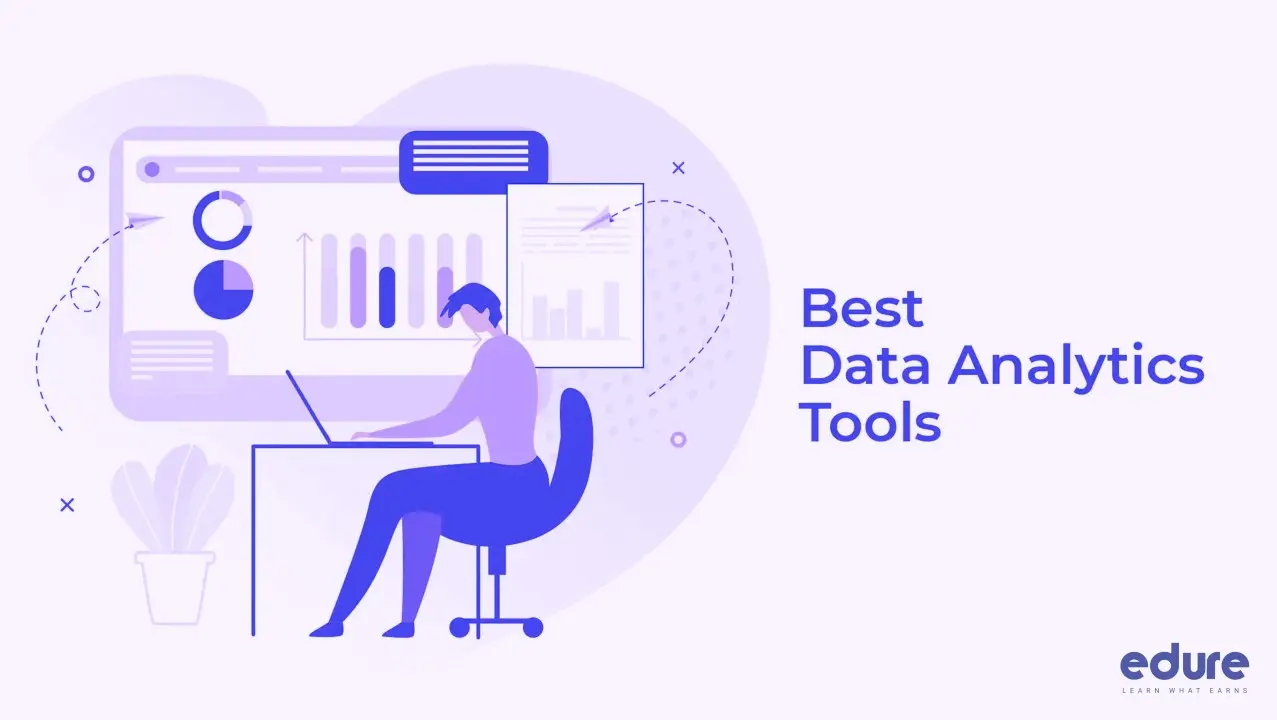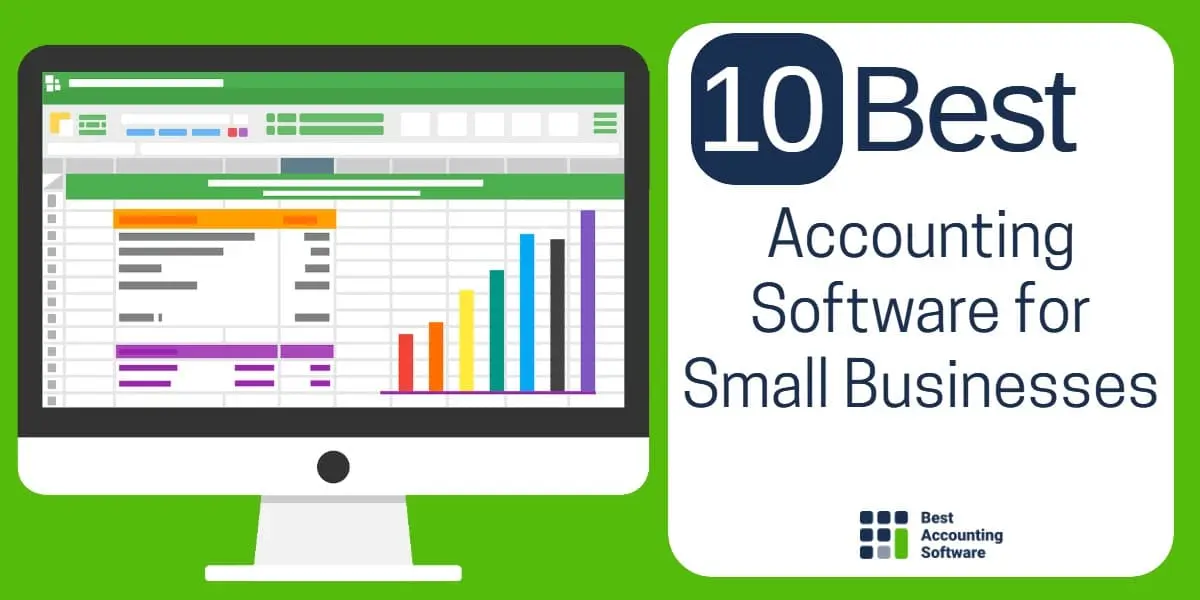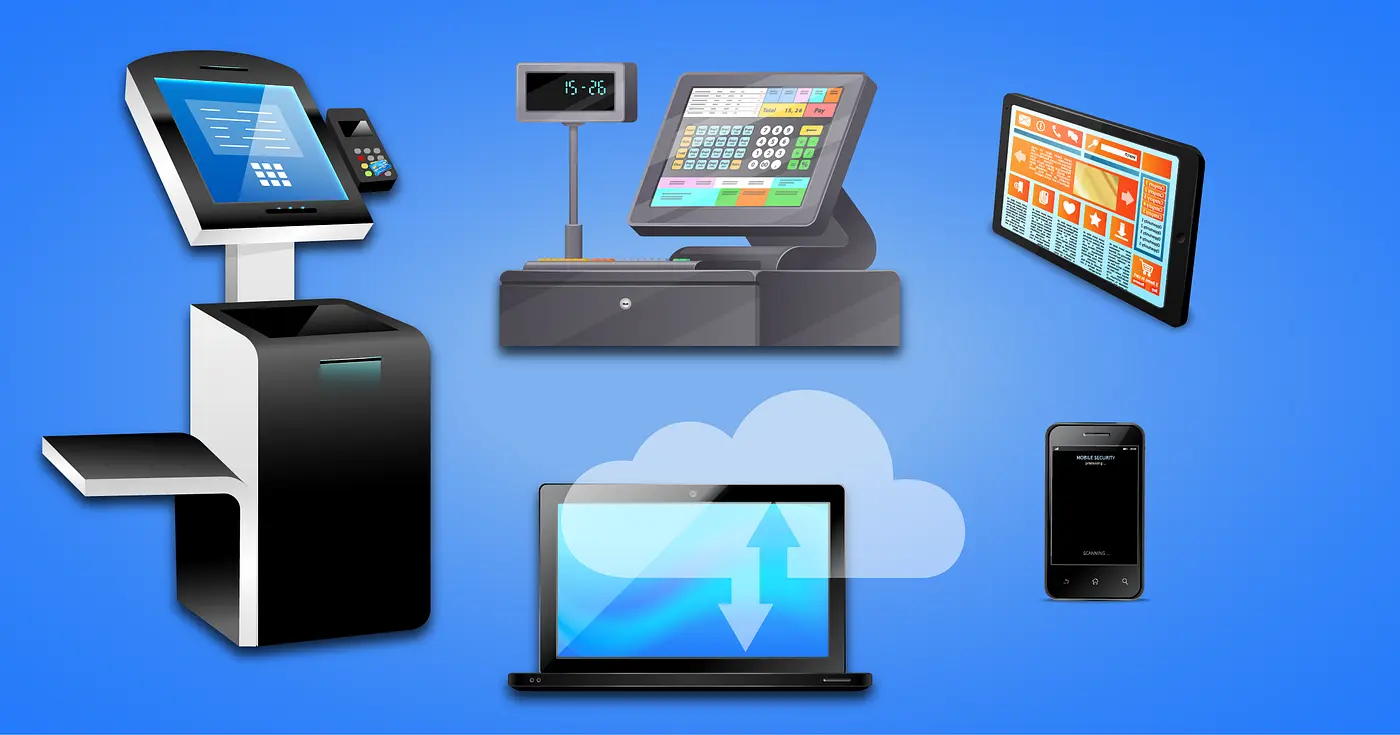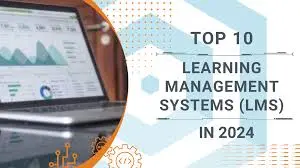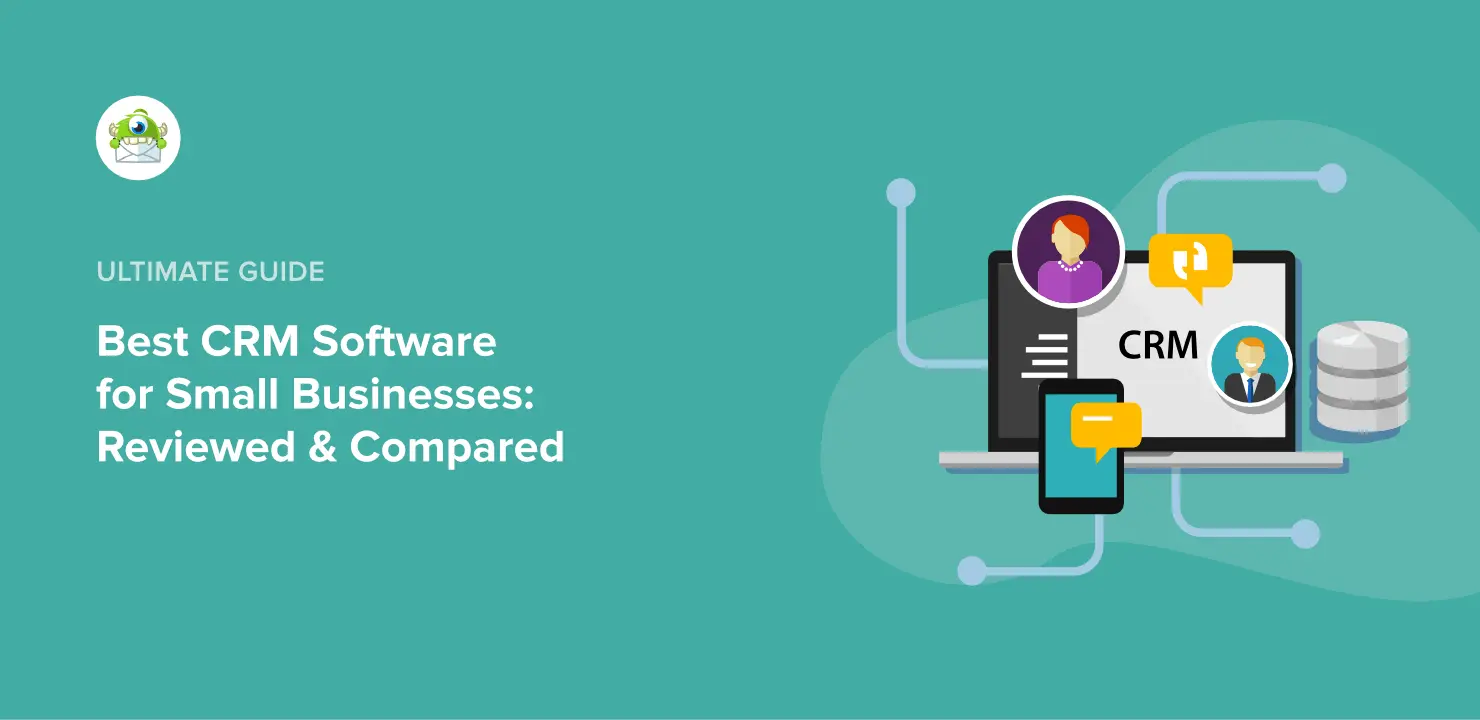
Why AI is Essential for Startups and Small Businesses
AI tools are no longer a luxury; they’re a necessity for businesses looking to scale. Startups and small businesses can harness AI for:
- Automation: AI automates repetitive tasks, allowing teams to focus on strategic goals.
- Cost Efficiency: AI-driven solutions are often more affordable than traditional processes, reducing operational expenses.
- Personalization: Enhance customer experience with AI-powered personalization in marketing and support.
- Data Analysis: Make informed decisions using AI to analyze customer behavior and market trends.
Top AI Tools for Startups and Small Businesses in 2024
| Tool | Category | Features | Ideal For |
|---|---|---|---|
| ChatGPT | Customer Support & Content Creation | AI-generated responses, content, and chatbots | Automating customer inquiries and creating blog posts |
| Zapier | Workflow Automation | Connects apps, automates repetitive tasks | Streamlining operations and reducing manual workload |
| Grammarly | Writing Assistance | Real-time grammar, tone, and clarity checks | Professional emails and content marketing |
| Hootsuite Insights | Social Media Management | AI-powered social listening and analytics | Improving social media strategy |
| QuickBooks AI | Financial Management | Expense tracking, invoicing, and reporting | Managing finances efficiently |
| HubSpot CRM | Customer Relationship Management | AI-driven insights, lead tracking, and email marketing | Building strong customer relationships |
| Surfer SEO | Content Optimization | Keyword suggestions, SEO analysis | Boosting online visibility |
| Notion AI | Team Collaboration | AI-enhanced task management, brainstorming | Organizing team workflows |
Benefits of Using AI Tools for Small Businesses
- Improved Productivity: AI eliminates manual tasks, freeing up time for strategic initiatives.
- Enhanced Customer Experience: Tools like AI chatbots provide instant and accurate customer support.
- Better Decision-Making: AI tools offer data-driven insights, helping businesses make informed decisions.
- Scalability: As your business grows, AI tools can adapt to handle increased workloads.
How to Choose the Best AI Tools for Your Business
Selecting the right AI tool depends on your business needs. Here’s how to make the best choice:
- Define Your Goals: Identify the areas where AI can add the most value, such as marketing, customer service, or operations.
- Ease of Integration: Ensure the AI tool integrates seamlessly with your existing software.
- Scalability: Choose tools that can grow with your business.
- Budget-Friendly Options: Startups often operate on tight budgets. Look for cost-effective solutions that offer high ROI.
- User-Friendly Interface: Opt for tools with simple interfaces to minimize training time for your team.
Use Cases of AI Tools in Small Businesses
| Use Case | AI Tool Example | Impact |
|---|---|---|
| Customer Support Automation | ChatGPT | 24/7 instant responses to customer queries |
| Marketing Campaign Optimization | HubSpot CRM | Increased lead conversion rates |
| Content Creation | Grammarly, Surfer SEO | Faster creation of polished, optimized content |
| Expense Tracking | QuickBooks AI | Simplified financial management |
The Future of AI in Startups and Small Businesses
The future of AI tools is bright, with advancements focusing on more personalized and predictive capabilities. In 2024, startups and small businesses should look out for innovations in areas such as:
- Generative AI: Creating unique marketing materials, product designs, or even custom apps.
- Predictive Analytics: Anticipating customer behavior to offer proactive solutions.
- AI-Powered Cybersecurity: Protecting sensitive business data with advanced AI detection systems.
Conclusion
The best AI tools for startups and small businesses in 2024 can transform the way you operate, from improving customer experiences to streamlining internal workflows. By leveraging solutions like ChatGPT, HubSpot CRM, and QuickBooks AI, you can maximize productivity, enhance efficiency, and position your business for long-term success. Don’t wait—start integrating these tools today to take your business to the next level.

